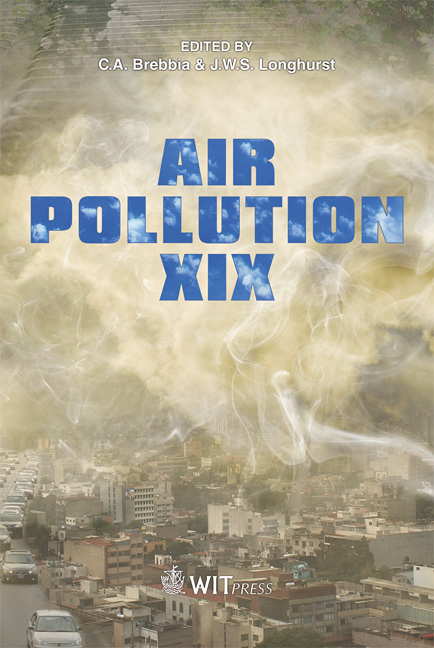Assessing The Potential For Local Action To Achieve EU Limit Values
Price
Free (open access)
Transaction
Volume
147
Pages
9
Page Range
277 - 285
Published
2011
Size
336 kb
Paper DOI
10.2495/AIR110261
Copyright
WIT Press
Author(s)
J. H. Barnes, T. J. Chatterton, E. T. Hayes, J. W. S. Longhurst & A. O. Olowoporoku
Abstract
Despite 14 years of UK Local Air Quality Management (LAQM), ambient NO2 concentrations have not decreased as expected. Although NO2 concentrations decreased from 1996 to 2002-4, this trend has subsequently levelled off. The UK Government has failed to meet European Union (EU) limit values for NO2 and PM10 and risks incurring fines of ~£300m. The number of local authorities (60%) having declared Air Quality Management Areas (AQMAs), primarily for trafficrelated pollutants (NO2 and PM10), has grown steadily since 2001, and despite the production of local Air Quality Action Plans (AQAPs) there have been no traffic-related AQMA revocations solely on the basis of their implementation. The UK Air Quality Strategies (1997-2007) have focussed on emission reduction technologies to reduce overall pollutant concentrations, whilst LAQM targets specific local hotspots often through air quality measures in Local Transport Plans. The failure of this system to achieve necessary NO2 reductions has been attributed in part to a reliance of national policy on Euro vehicle standards, without significant endeavour to reduce road traffic growth. Locally, deficiencies in funding, interdepartmental communication, political will and public awareness, have been criticised for hindering action plan measures. The UK Government’s localism agenda threatens to reduce the top-down governance of LAQM whilst also introducing the potential for EU fines to be passed to local authorities where limit values are exceeded. At the same time, the UK Government has outlined changes that will put more emphasis on the development of local measures to achieve EU limit values. This paper discusses
Keywords
local air quality management, air quality action plans, NOx, NO2, PM10, EU limit values, nitrogen dioxide, particles, air pollution, localism





